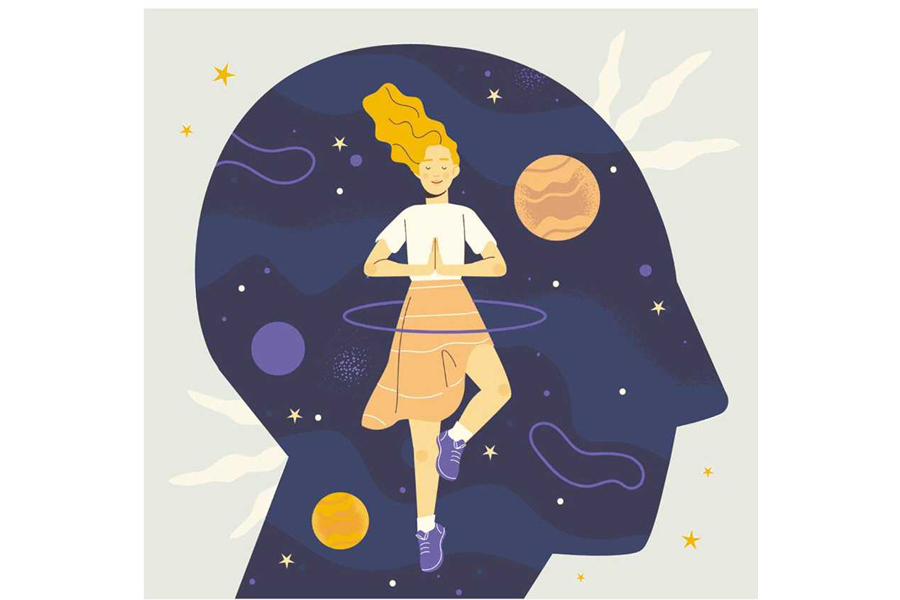
Published :
Updated :

As we age, our brains start to lose sharpness. Our cognitive abilities take a hit, affecting our memory, among other things. Like any other body muscle, we need to exercise our brain to maintain and boost our memory, creativity, and focus. This is useful for people of all ages.
Meditation is often considered a good option for a healthy body and brain. The US National Center for Complementary and Integrative Health links mediation with slow brain ageing and better information processing capacity, which improves memory function.
Certain games are helpful. A 2023 study by researchers from Ningxia Medical University, China, identified chess as one of the memory-boosting games. An older study published in the Journal of the International Neuropsychological Society in 2011 found crossword puzzles could also delay or slow down memory decline. Sudoku and word games are in the same category.
According to Professor John E. Morley of St. Louis University, US, even reading comic strips may be beneficial. He suggested several other exercises as well. For example, prepare a list of anything that needs to be done. It can be as simple as a grocery list. We should memorize it and try to remember the items an hour later. Another thing we can practice is creating maps from our memory after we visit a new place every time. Doing math in the head without any calculator, pen, or paper is a great way to keep the brain energetic.
An active social life is good for memory. A 2019 study by researchers from University College London found that frequent social interactions reduce the risk of dementia. People who live in isolation also experience fewer memory problems. Being socially engaged is also important for our emotional health.
One often-cited way to boost memory is to learn a new skill. It could be anything like photography, cooking, playing musical instruments, or learning to speak a new language. Learning a language is good for the brain. It promotes cognitive abilities to a higher level.
We may also consider taking dance lessons. The CDC (the Centers for Disease Prevention and Control) states that this can enhance memory and information processing in the brain.
Dr David Eagleman of Stanford University in California provided some simple tips to help improve memory that are easily adaptable to daily life. He advised doing everyday things a little differently. This can be taking a new route while returning from work, using a different transportation we are used to, brushing teeth, writing a few words, eating with the non-dominant hand, etc. All these little tricks keep the brain alert and energized.
Physical exercise augments cognitive functions and should be part of a lifestyle. A moderate-intensity exercise, e.g., a brisk walk for 150 minutes/week, is often suggested. We do not need to get into it; we should start slowly and increase the walking time by 10 minutes until we reach the goal. It will take approximately six months to feel any changes.
Proper exercises could significantly help our memory and other brain functions. However, this must be supplemented by adequate sleep. Researchers found a positive relationship between adequate sleep and improved memory function. An adult requires 7-9 hours of sound sleep daily; without it, all our efforts to sharpen our memory may be in vain.
imtiazdmc@gmail.com


 For all latest news, follow The Financial Express Google News channel.
For all latest news, follow The Financial Express Google News channel.